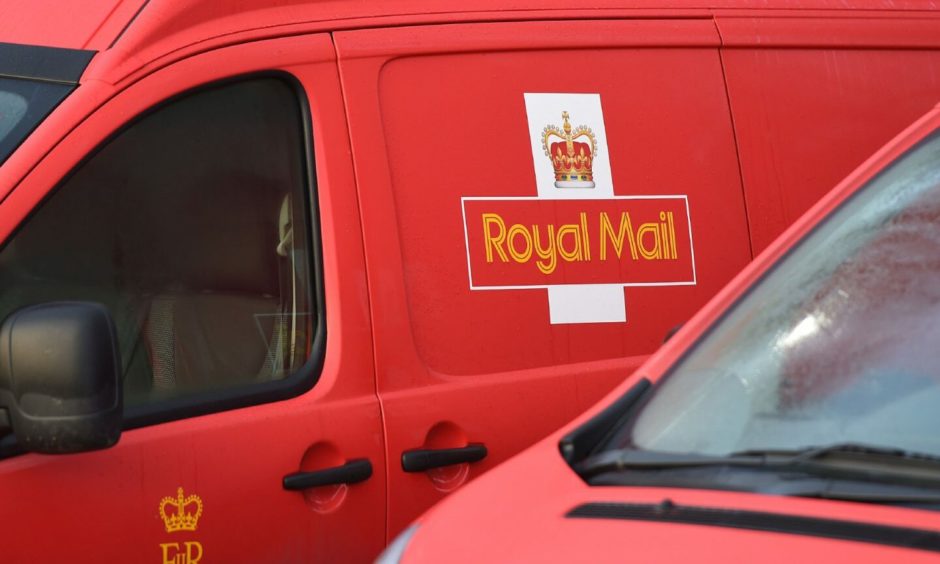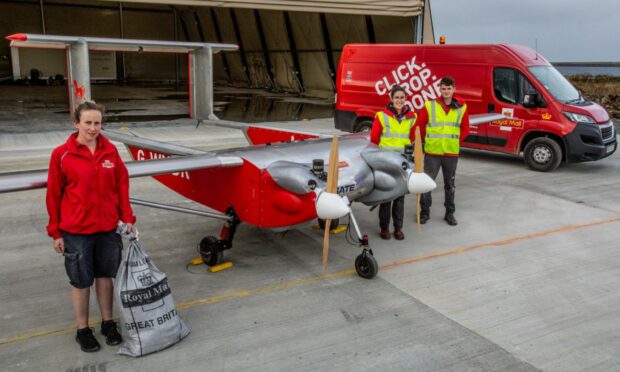Royal Mail has announced plans to increase its use of drones for deliveries with the creation of 50 new “postal drone routes” over the next three years.
Under a partnership with logistics drone company Windracers, and subject to Civil Aviation Authority approval, the move will provide faster and more convenient services for remote communities, said Royal Mail.
Drones will also help further reduce Royal Mail’s carbon emissions and improve the reliability of island mail services.
It currently uses ferries, conventional aircraft and land-based delivery which can be affected by bad weather.
The first routes for the new service include the Isles of Scilly, Shetland Islands, Orkney Islands and the Hebrides.
Test flights already run in Shetland, Orkney and Mull
Royal Mail said it was aiming to use up to 200 drones over the next three years, increasing to more than 500, servicing all corners of the UK.
Royal Mail has conducted four drone trials over the last 18 months, including flights on the Isle of Mull, the Isles of Scilly off the Cornish coast and between Kirkwall and North Ronaldsay on the Orkney Islands.

Test flights for the new service have been held between Tingwall Airport in Lerwick and Unst – a 50-mile flight each way.
Drones used in the trial can carry up to 100kg of mail for two daily return flights between the islands, with letters and parcels then delivered by the local postman or woman.
The middle mile of supply and logistics, especially to remote locations, has long been overlooked by the industry and is ripe for innovation.
Stephen Wright, Windracers Group chairman
Simon Thompson, chief executive of Royal Mail, said: “On-time delivery regardless of our customers’ location or the weather, whilst protecting our environment, is our goal.
“Even though we go everywhere, Royal Mail already has the lowest CO2 emissions per parcel delivered. This initiative will help reduce our emissions even further.”
Stephen Wright, chairman of the Windracers Group, said: “The middle mile of supply and logistics, especially to remote locations, has long been overlooked by the industry and is ripe for innovation.
“We’ve spent the last five years focused on developing the most commercially viable essential logistics drones so we’re truly delighted to be working with Royal Mail on this ambitious and pioneering deployment of autonomous aircraft.”
